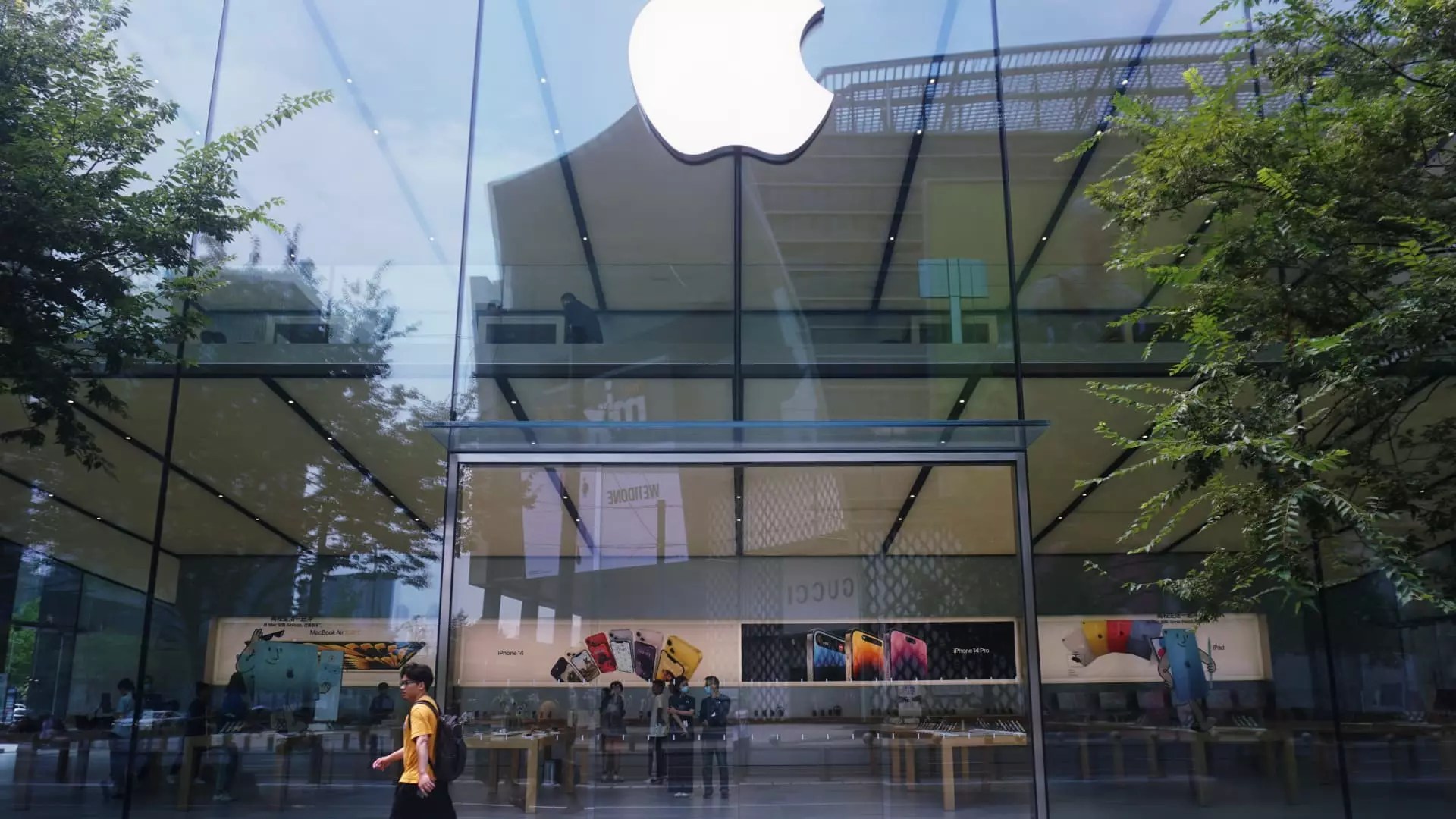While the highly anticipated foldable iPhone remains shrouded in secrecy, the intriguing developments surrounding Lens Technology highlight a broader, more consequential shift taking place within the global tech supply landscape. As a Chinese manufacturer specializing in ultra-thin glass and advanced display components, Lens Tech is positioning itself as a key player in the future of mobile devices, not merely as a supplier but as a potential driver of innovation. The recent Hong Kong IPO, which raised nearly $610 million on a record-breaking day, signals a bold move toward international expansion and technological upscaling. This isn’t just about capturing a piece of the lucrative foldable phone market; it’s about asserting China’s rising dominance in high-tech hardware manufacturing, directly challenging traditional Western supremacy.
What makes Lens Tech’s rise significant is its strategic diversification. Although heavily reliant on a massive American customer—presumably Apple—its declining dependence on this single client, coupled with aggressive investment in R&D and overseas capacity, suggests a vision for a more autonomous future. With plans to expand production in Vietnam and Mexico, Lens Tech aims to hedge against geopolitical risks and trade tensions that threaten to destabilize China’s supply chain dominance. This move also indicates a broader shift in the balance of power, as Asian manufacturers seek to carve out more control over their technological destinies, bypassing traditional Western gatekeepers.
Implications for Global Market Power and Geopolitics
The strategic investments by hedge fund magnate Steve Cohen and institutional investors underwrite a narrative of confidence—an indication that high-stakes financial players see tremendous potential in Lens Tech’s trajectory. The company’s efforts to break into the foldable screen market, with projections suggesting that foldable devices will constitute a material portion of its revenue within a few years, reflect how the industry’s future is being shaped by newer, more agile manufacturing hubs outside the traditional US and European centers.
This rising prominence is more than economic; it’s geopolitical. China’s emphasis on developing domestic champions capable of competing globally in advanced manufacturing, electronics, and AI-driven technologies aligns with broader national interests. As Western powers seek to maintain technological sovereignty, Chinese firms like Lens Tech serve as both a challenge and an opportunity to reshape the global tech ecosystem—driving innovation and expanding supply chain resilience. If these companies can successfully scale and innovate, they will threaten the longstanding dominance of American and European tech giants, forcing a realignment of global economic power.
Risks and Challenges on the Horizon
However, the road ahead is fraught with uncertainties. Despite lofty projections and strategic investments, Lens Tech’s reliance on a significant yet undisclosed large client—most likely Apple—means its fortunes are still closely tied to the whims of Western corporate giants. Any shift in Apple’s supply chain preferences, or disruptions caused by U.S.-China trade tensions, could impact Lens Tech’s growth prospects profoundly. The company’s attempts to diversify its customer base are positive, but they are still in the early stages and come with their own set of hurdles, including establishing credibility with new clients and entering mature markets.
Furthermore, geopolitical factors, such as upcoming tariffs, export restrictions, and increased scrutiny over Chinese companies’ cross-border operations, could slow down or complicate Lens Tech’s international expansion plans. While the company intends to ramp up production in Southeast Asia and Latin America, scaling manufacturing capabilities across multiple regions requires time, resources, and navigating complex regulatory environments. With a global economy increasingly fraught with uncertainties, a reliance on optimistic forecasts risks ignoring the vulnerabilities inherent in rapid expansion.
A Reflection on Tech Sovereignty and Market Realignment
The rise of firms like Lens Technology underscores a critical narrative: technological and economic power are shifting. The West’s longstanding dominance in innovation and manufacturing is increasingly challenged by strategic Chinese players, bolstered by government policies that incentivize self-reliance and technological sovereignty. While this transition offers opportunities for a more diversified and resilient global supply chain, it also raises concerns about fragmentation and geopolitical rivalry.
In this new landscape, Chinese tech firms are not mere suppliers but becoming active architects of the future mobile and display technology markets. Their expansion signifies a subtle but decisive shift in how technological power is distributed worldwide. Countries and corporations that cling too tightly to old paradigms risk falling behind; those willing to embrace this new order, invest in innovation, and diversify supply chains stand the best chance of thriving amid the coming upheavals.
Ultimately, Lens Tech’s trajectory is a mirror of broader geopolitical currents—an indicator that the future of global technology manufacturing may no longer be dominated solely by Western giants but increasingly shaped by Chinese ingenuity and strategic investments. This shift invites a reevaluation of traditional notions of market leadership, sovereignty, and economic resilience in an interconnected world inching towards a new digital and geopolitical equilibrium.


Leave a Reply